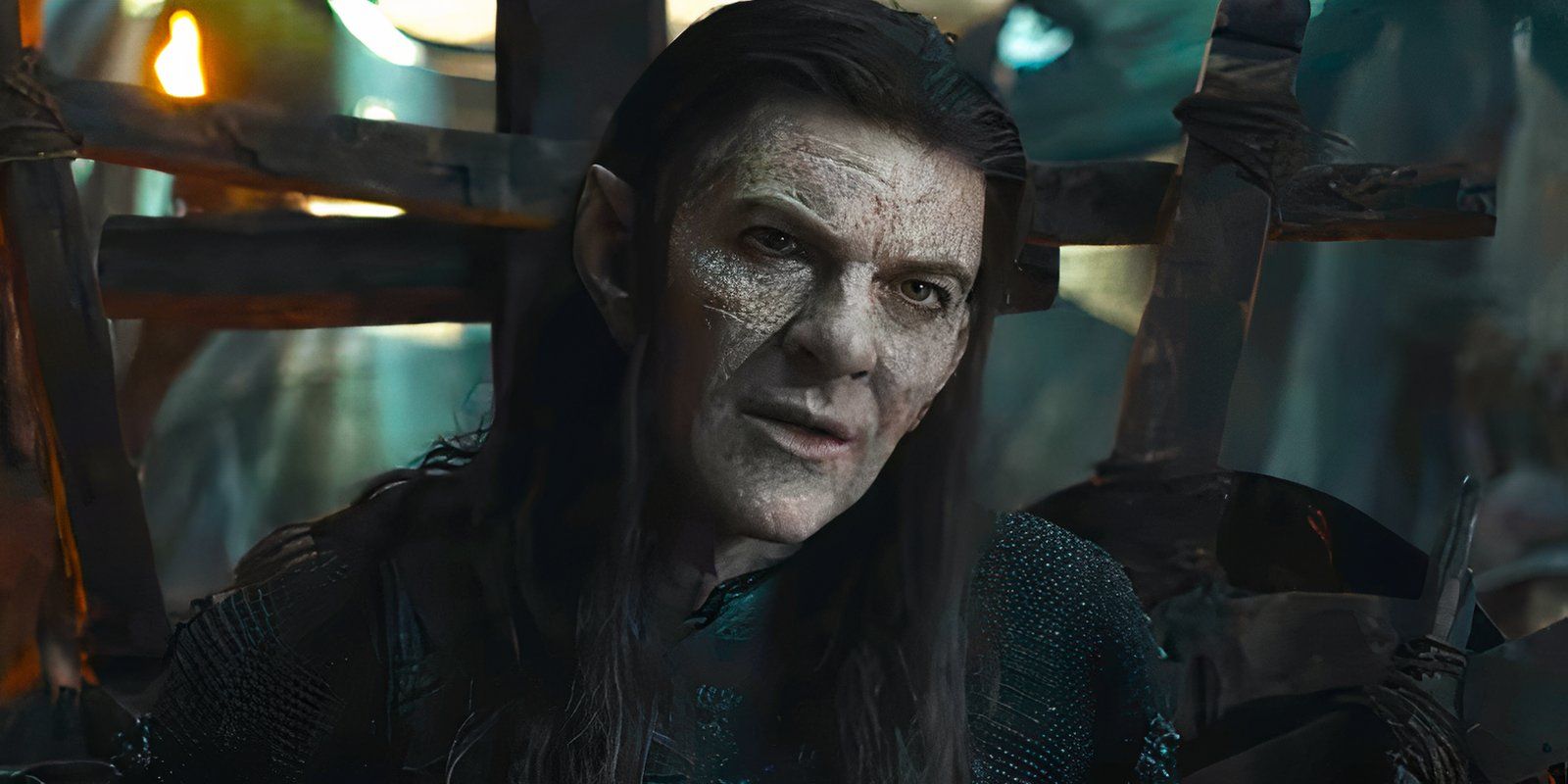
With reasonable consistency, Adar has been built up as a champion of Lord of the Rings‘ Uruk race, the Uruks’ Lord-father, and their literal forefather. This makes the odd Adar moment a little baffling. I was particularly thrown by Adar’s offhand season 1 decision to burn an Orc’s arm in sunlight just to make a point, which wasn’t the decision of the average, caring father. But Rings of Power season 2 shines a new light on Adar’s internal conflict, offering technical clarity on how he went from an Elf to an Uruk millennia before the events of the show.
Adar’s Orc Origin Story Is A Rings Of Power Invention But It’s Morgoth All Over
Lord Of The Rings Lore Inspires Morgoth’s Methods In Rings Of Power
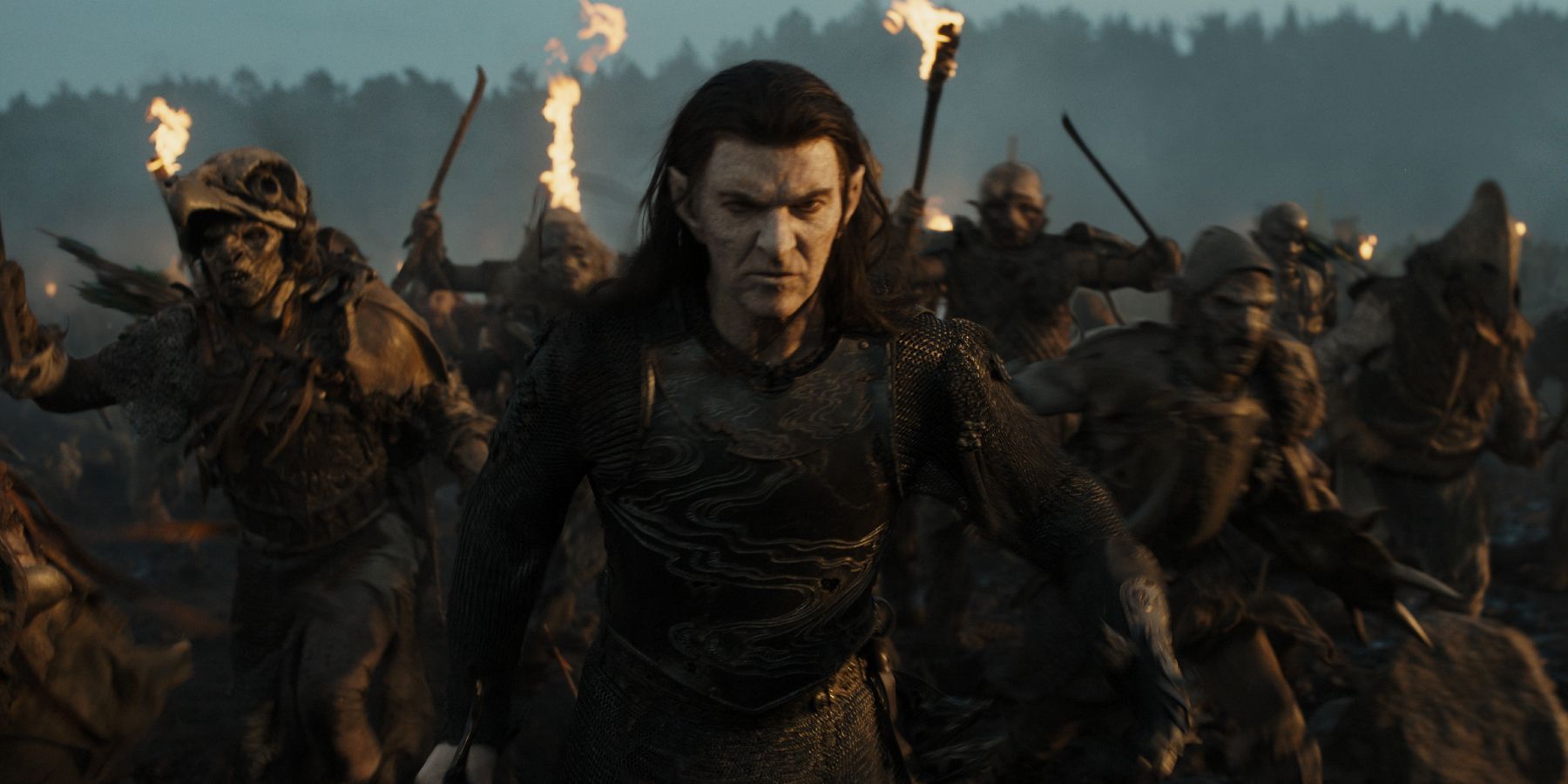
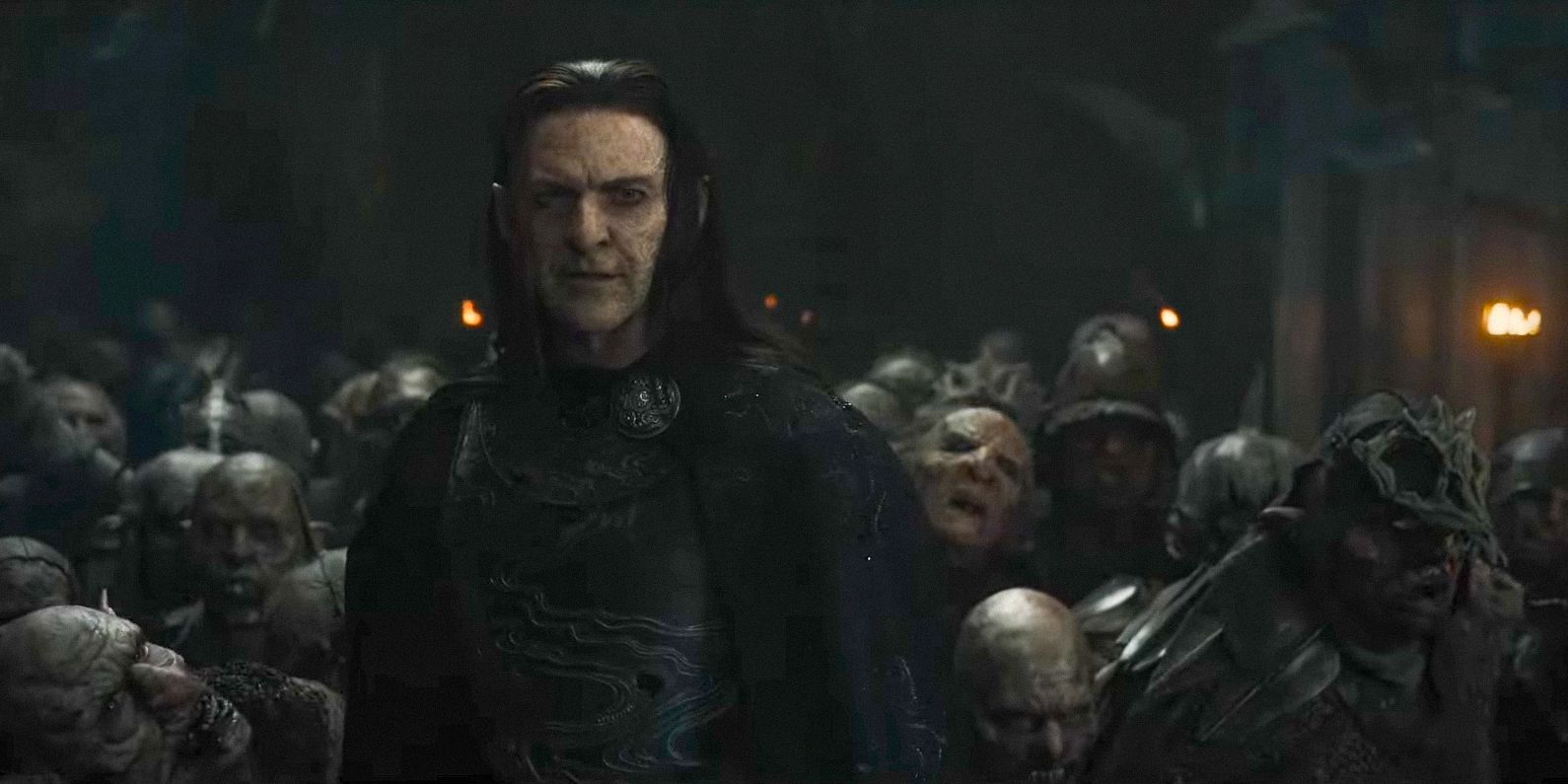
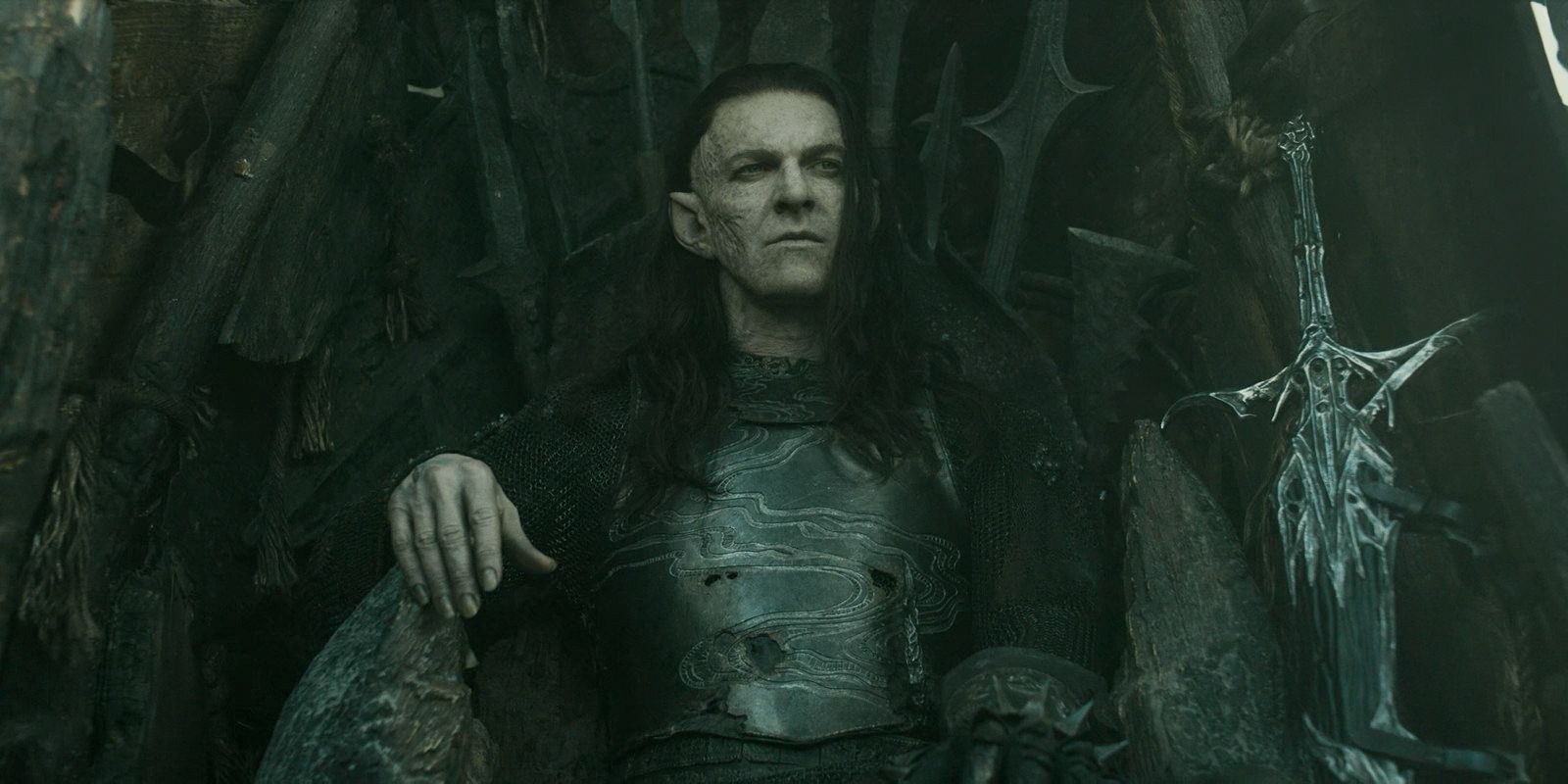
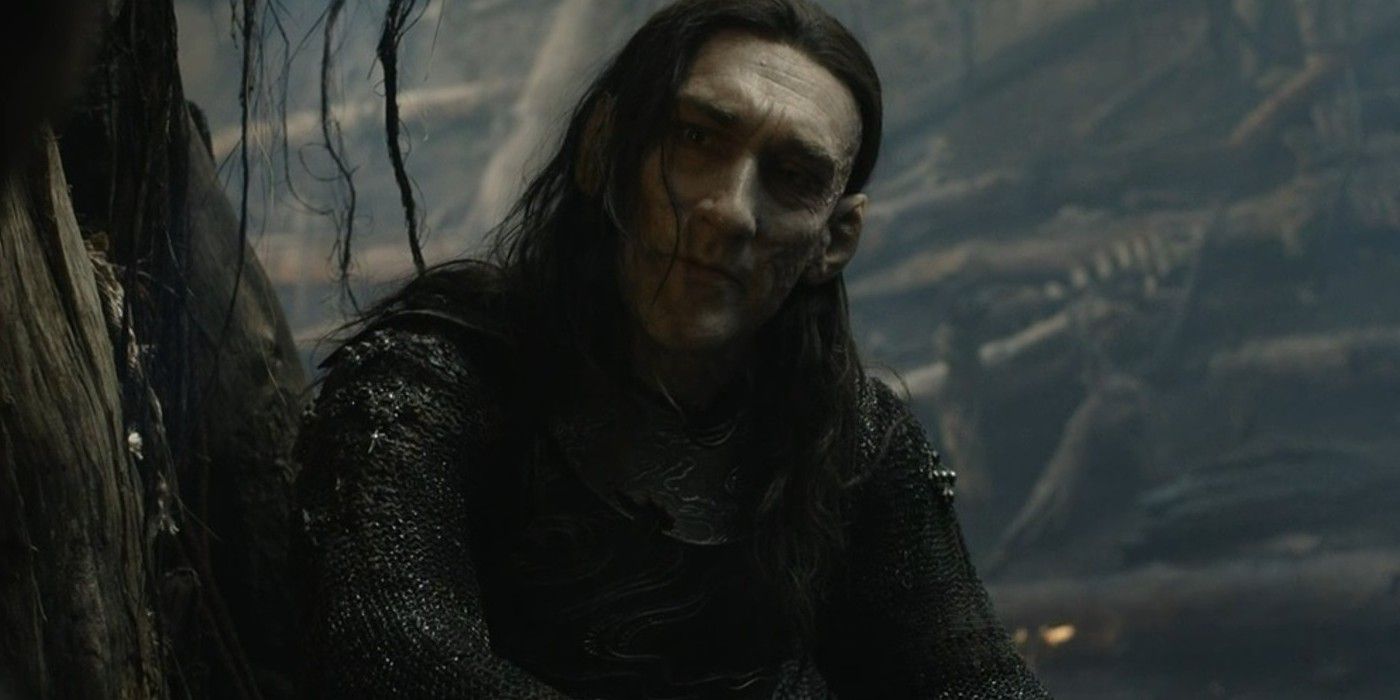
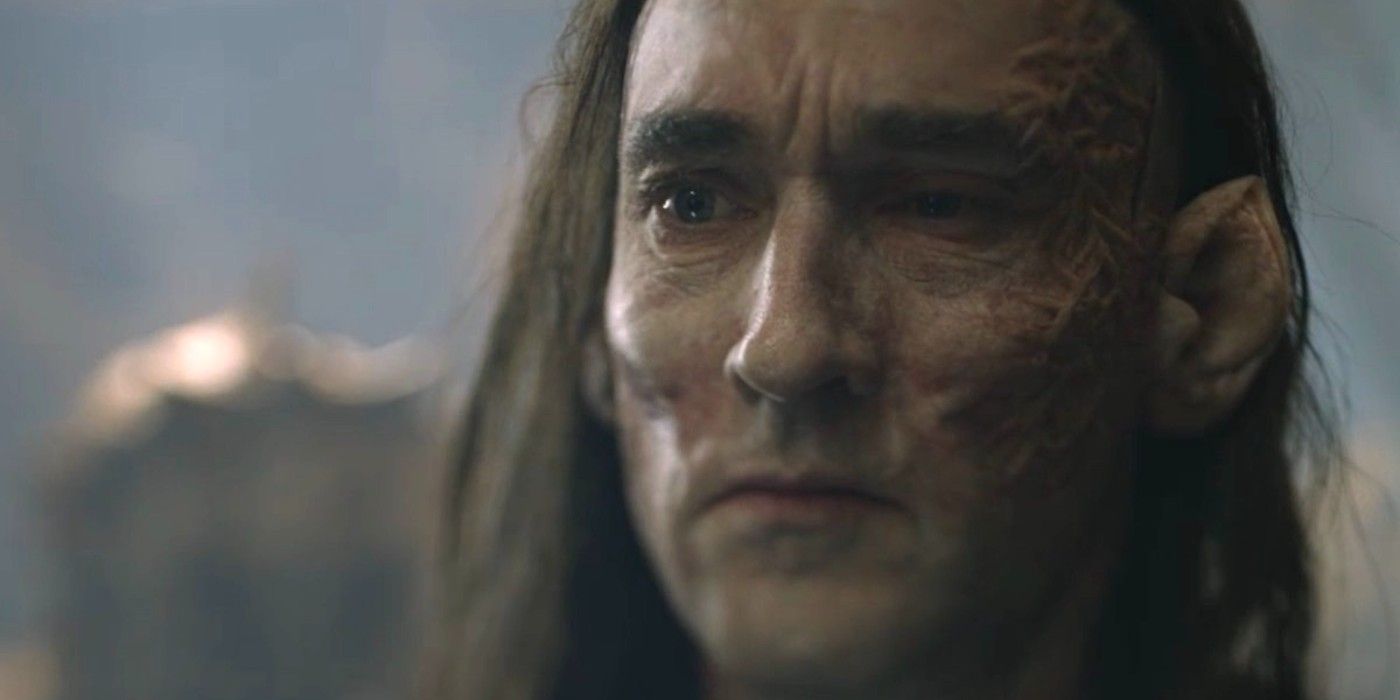





We got more detail on Adar’s origin story in Rings of Power season 2, which provided original material inspired by Morgoth’s torture methods, which I know from The Silmarillion. Adar first confirmed that he was a Moriondor to Galadriel in season 1. These Elves were targeted by Morgoth after they awakened in the First Age and “by slow arts of cruelty corrupted and enslaved” into the first Orcs (The Silmarillion). In season 2’s first episode, Adar confirmed to Sauron that he was one of 13 Elves led to a “dark and nameless peak, chained, and left” in return for his loyalty.
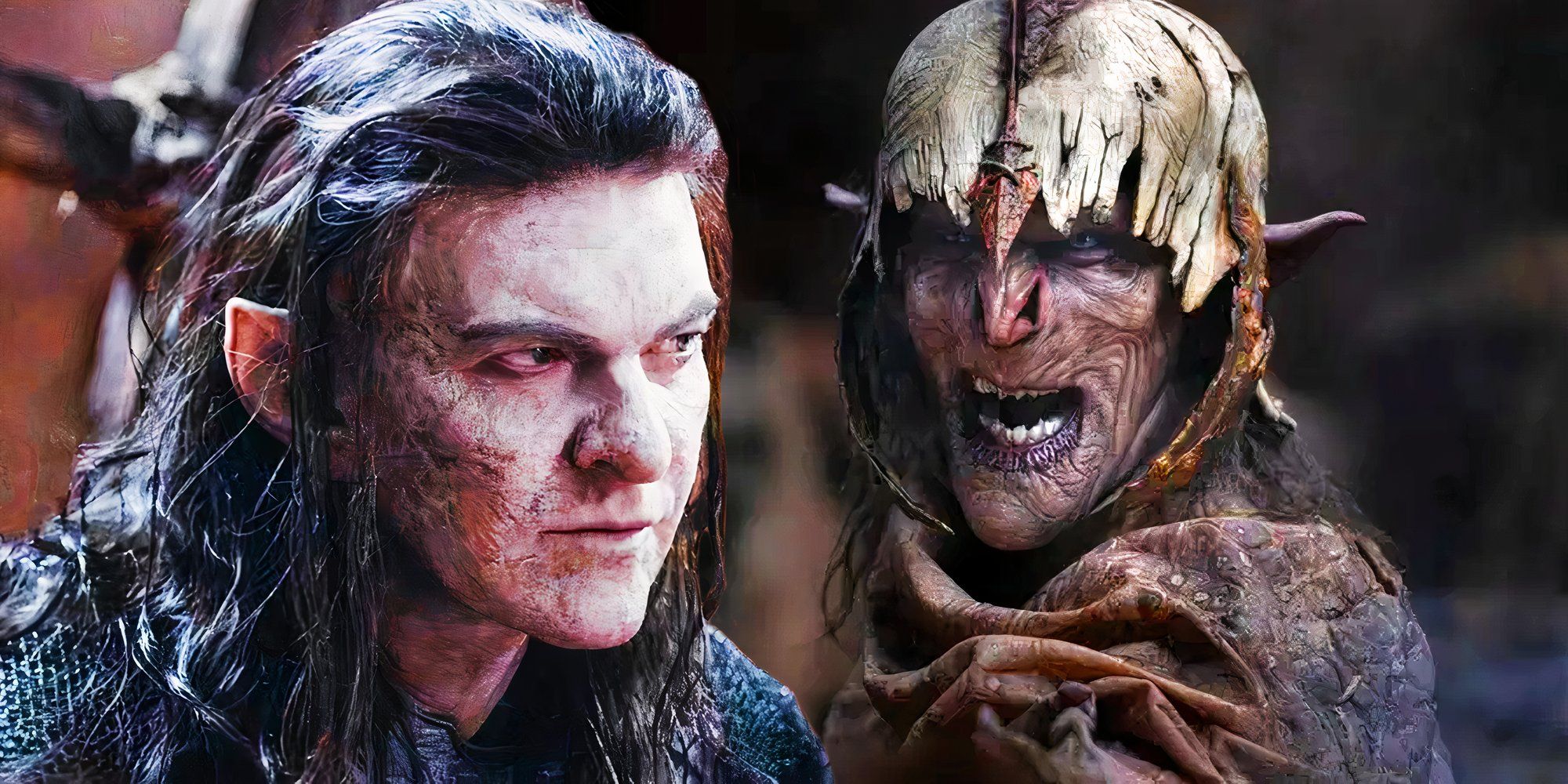
Related
The Real Reason Adar Insists On Being Called “Uruk,” Not “Orc,” In The Rings Of Power
In The Rings of Power season 2, Adar continues to insist orcs be called Uruks, leading to the question of why he is so dedicated to this.
4
Morgoth promised these 13 power, “blessing” them with a “new birth” via his bind, starve, and poison method. Although lacking in the health and safety department, Morgoth’s Elf-Uruk surgery did come with a free glass of wine. Sauron presented this to the starved Adar who “drank it all.” Since that was the end of Adar’s Moriondor story, I can only assume this toxic wine triggered Adar’s transformation. Lord of the Rings villain Morgoth also bound and starved Húrin and Maedhros on a dark peak, but this one had a name – Thangorodrim. Meanwhile, poison anointed Orcish arrows in Lord of the Rings.
Sauron Promising Adar Children Is Strangely Poetic
Adar’s Dark Transformation Backfired For Everyone
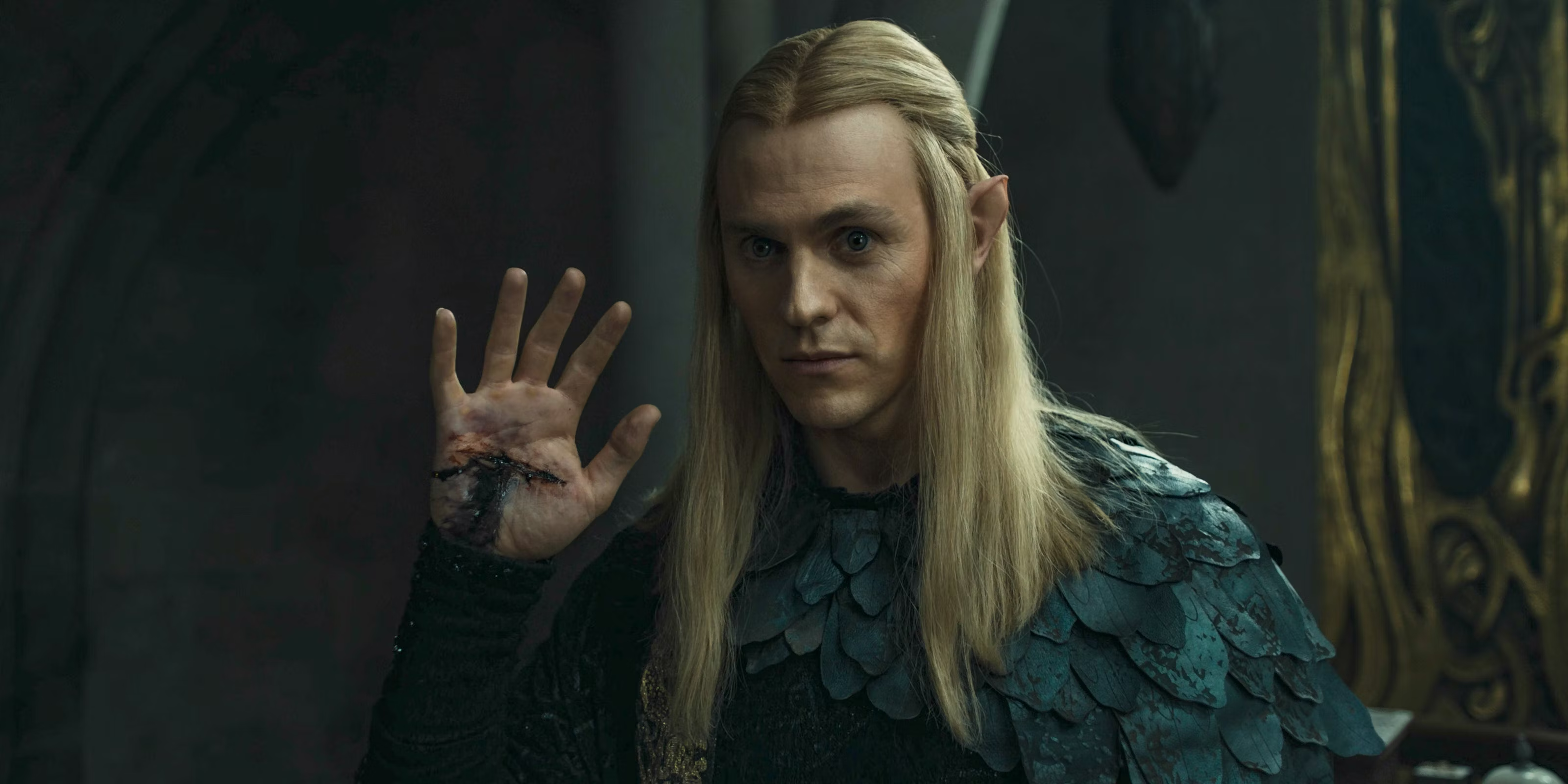
Morgoth and Sauron’s torment was doubly cruel considering that the power that they promised Adar, in particular, was children. Adar revealed this to Galadriel in season 2’s episode 6. Adar sought community and family in Rings of Power, which remained his purpose, but he was never Machiavellian like Sauron or Morgoth. As J.R.R. Tolkien grew older, he increasingly disliked the idea of Orcs as canon fodder and discussed their right to live unhindered in Morgoth’s Ring. I find the sympathetic Adar and Orc Glûg with his wife and baby oddly poetic, honoring this advanced version of Tolkien’s Orc theory.
The deceptive Sauron cried during Adar’s story. The wine was “blood red,” so maybe some kind of blood magic was afoot, an early experiment preceding Sauron putting his blood into the Nine Rings. Sauron’s tear could have been fake, nostalgic for better times, regretful as he contemplated how his Orc plan had backfired and got him killed, or a sign of identifying with Adar. Rejected by Galadriel, Sauron also lacked community – Morgoth’s path was lonely. As Sauron actor Charlie Vickers said, “What happens when a man hasn’t been loved his whole life?… power fills that void” (via Time).
Rings Of Power Explores The Folly Of Following Morgoth’s Path
Morgoth Created A Twisted Form Of Life
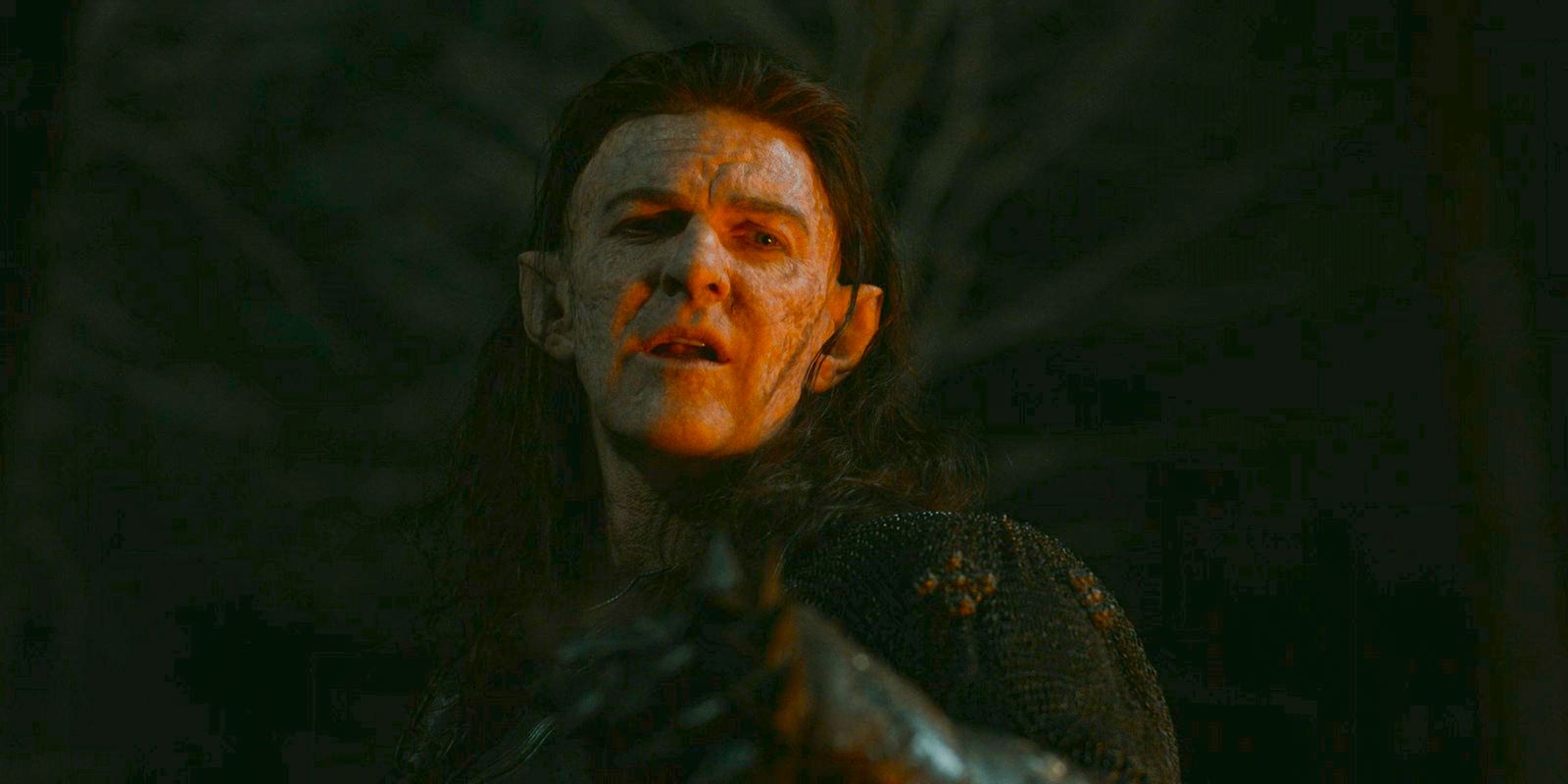
Rings of Power portrayed Sauron, Adar, and Orcs as Morgoth’s victims but also portrayed how they veered, dangerously, toward following in his footsteps, communicating the peril, folly, and inescapable bind of following Morgoth. Ironically, Adar became increasingly like his enemy, Sauron, throughout season 2, sacrificing more and more Orcs in his attempt to beat him. While I would have found more consistent characterization more powerful, this does imply that Adar always was capable of ruthlessness. He said himself that little remained of his heart.
Adar means “father” in the Elvish language Quenya.
Sauron wasn’t canonically tortured by Morgoth as he described in season 2, but this was bizarrely consistent with the headcanon. Sauron and Morgoth were too clever not to know each other’s opposing goals, so I always figured they manipulated each other in a dangerous game, and Morgoth taught cruelty by administering it. Likewise, pain became a reward for Vickers’ Sauron, crossing his pain and pleasure wires and originating his love of violence. Sauron may well have been lying in the show, but his victimhood would explain a lot, as Adar’s does. Morgoth’s deceptions run deep, making allegiance to him risky.
Adar’s backstory provides valuable depth to Morgoth’s evil in The Lord of the Rings: The Rings of Power.
Humanizing villains is a slippery slope in movies and TV, especially when adapting literature’s most dastardly fiends. But however much they may or may not have suffered, I still don’t like Sauron and Adar, despite finding them compelling on screen. Sauron is abhorrent and Adar is uncomfortably stony-hearted, stopping them from being truly sympathetic or tragic. If they became more tragic, they may become somehow abstractly heroic, which would flirt with Tolkien sacrilege without necessarily manifesting it, but be better drama. Meanwhile, Adar’s backstory provides valuable depth to Morgoth’s evil in The Lord of the Rings: The Rings of Power.





